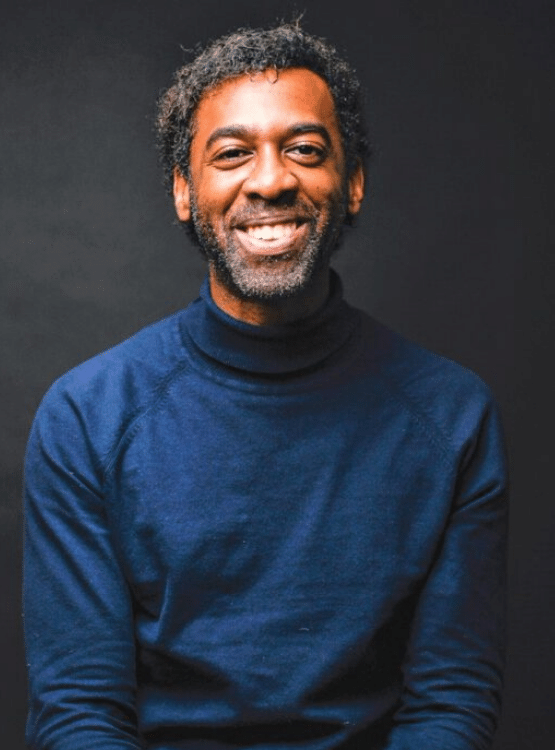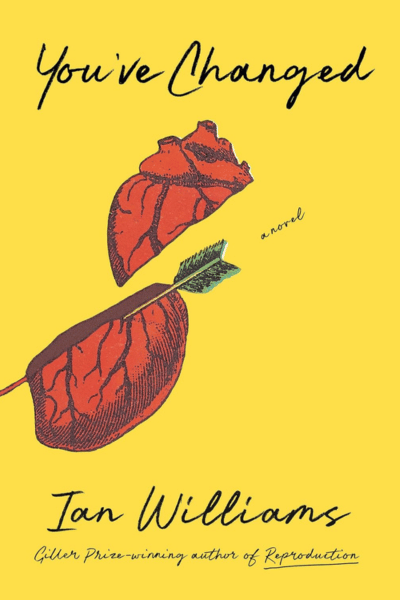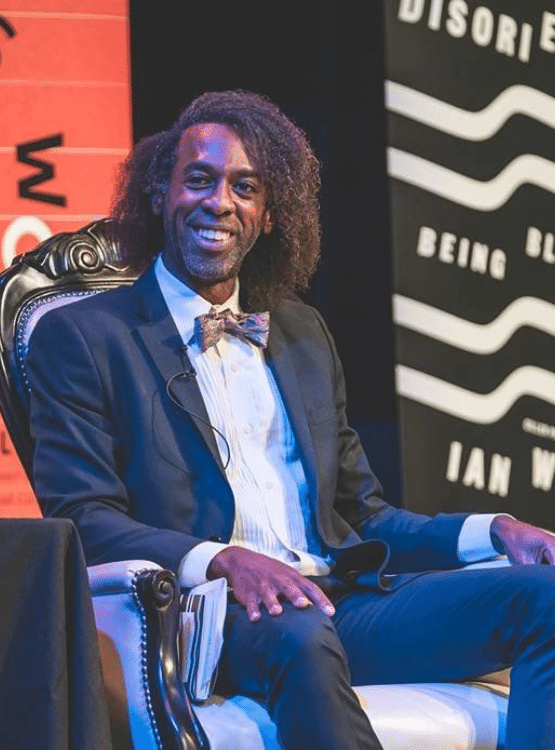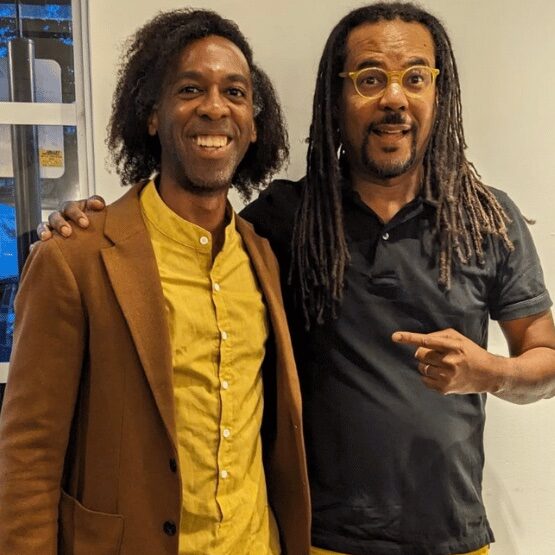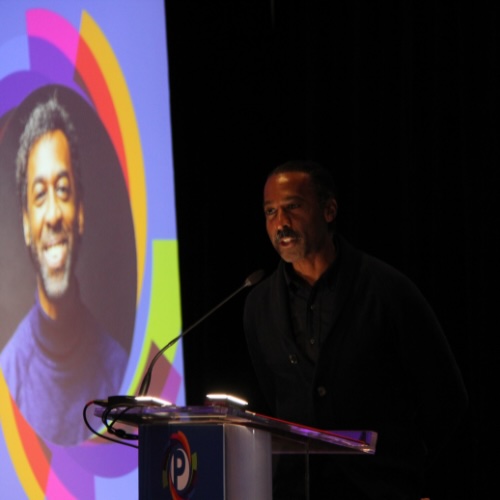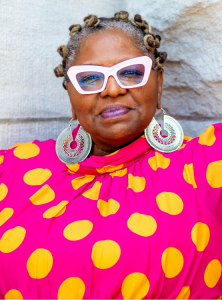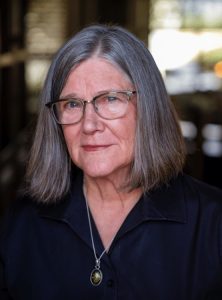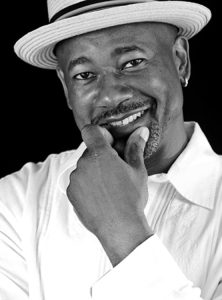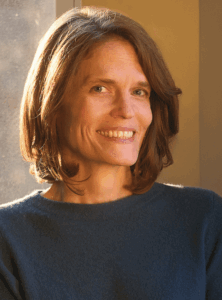Ian Williams is the author of eight books of fiction, nonfiction, and poetry. His book, Disorientation, considers the impact of racial encounters on ordinary people. His book Reproduction won the Scotiabank Giller Prize and was published in Canada, the US, the UK, and Italy. His poetry collection, Word Problems, converts the ethical and political issues of our time into math and grammar problems. It won the Raymond Souster Award. His previous collection, Personals, was shortlisted for the Griffin Poetry Prize and the Robert Kroetsch Poetry Book Award. His short story collection, Not Anyone’s Anything, won the Danuta Gleed Literary Award for the best first collection of short fiction in Canada. His first book, You Know Who You Are, was a finalist for the ReLit Poetry Prize. He is a trustee for the Griffin Poetry Prize. His book What I Mean to Say: Remaking Conversation in Our Time (The CBC Massey Lectures), seeks to ignite a conversation about conversation, to confront the deterioration of civic and civil discourse, and to reconsider the act of conversing as the sincere, open exchange of thoughts and feelings. Ian’s newest novel, You’ve Changed (2025), is a daring and clever dissection of a crumbling marriage between two people who are morphing in ways that confound each other.
Williams completed his Ph.D. at the University of Toronto. After several years teaching poetry in the School of Creative Writing at the University of British Columbia, Williams returned to the University of Toronto as a tenured professor of English. He was the 2014-2015 Canadian Writer-in-Residence for the University of Calgary’s Distinguished Writers Program. He has held fellowships or residencies from Vermont Studio Center, the Banff Center, Cave Canem, and the National Humanities Center. In 2022, he was the Visiting Fellow at the American Library in Paris.
